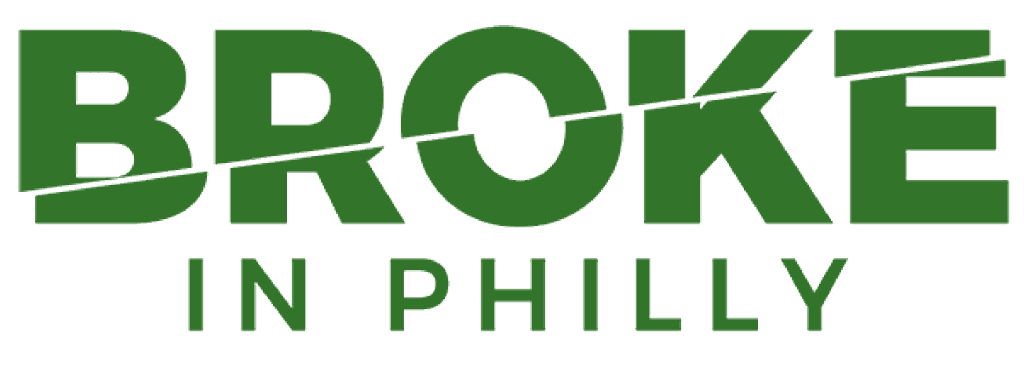New nonprofit promises paid, yearslong mentors for kids in Kensington and North Philly
Friends of the Children offers families a commitment that the program will be there in a child’s life from kindergarten through high school graduation — “12+ no matter what,” they say.















